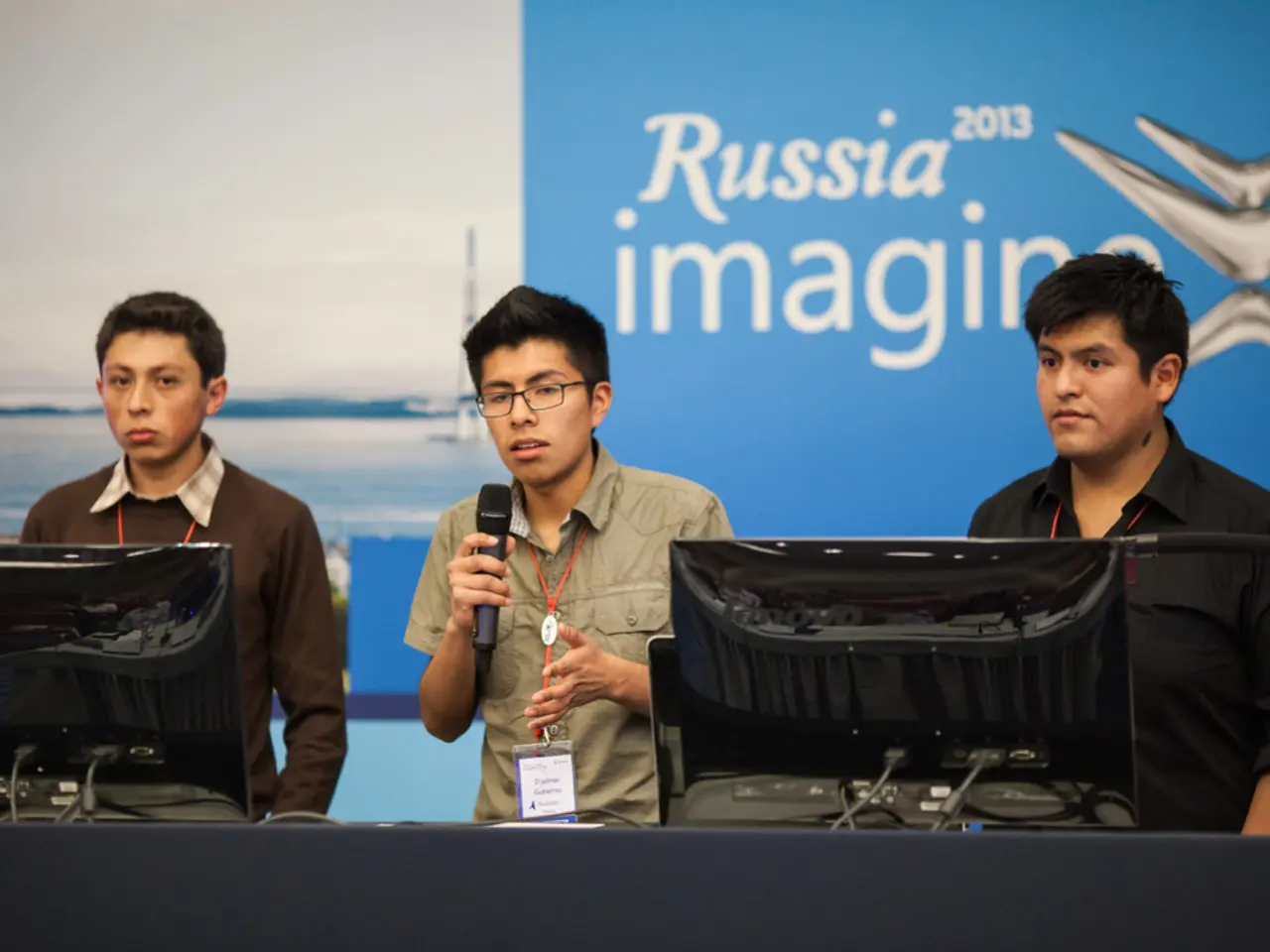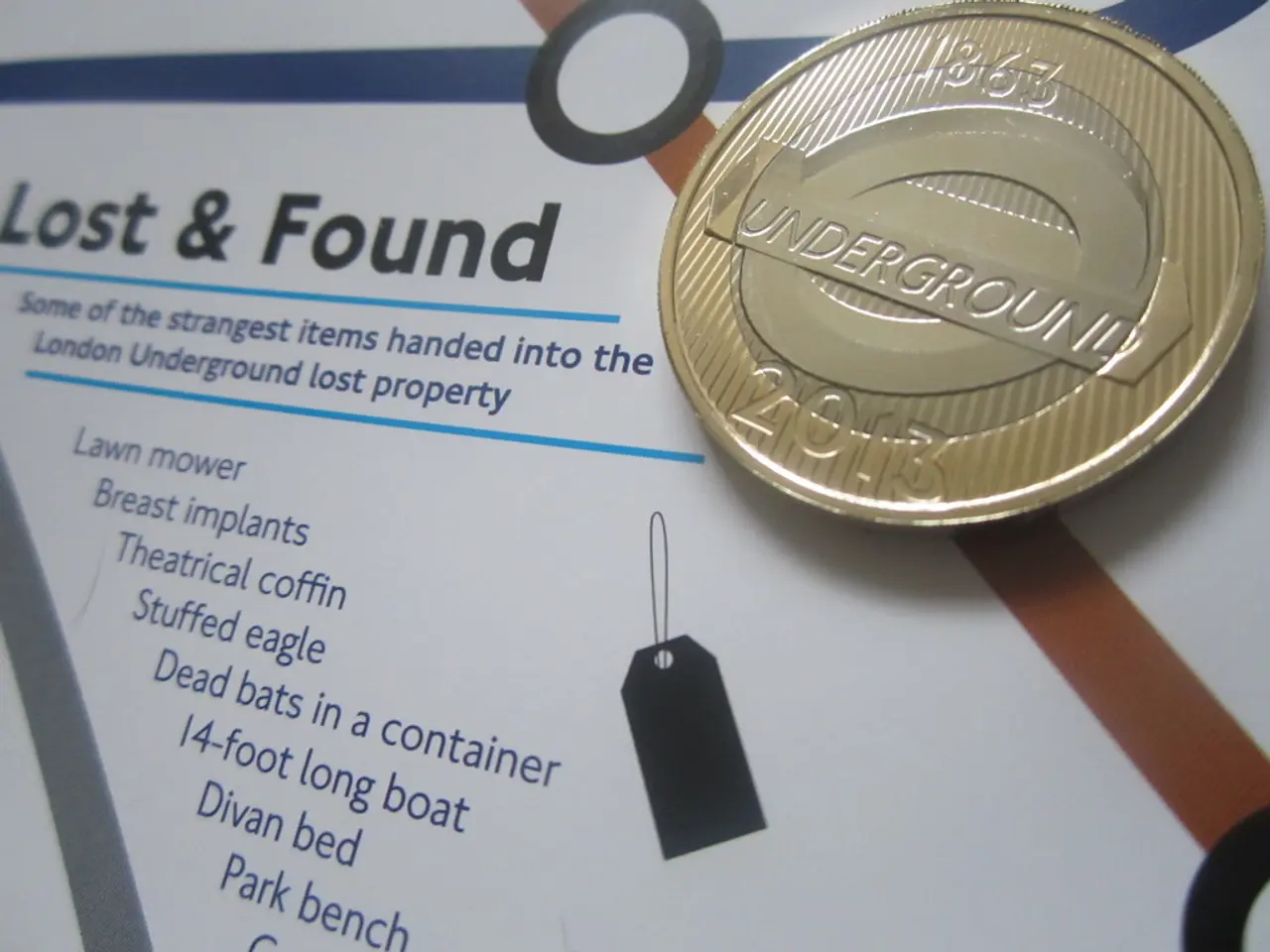Declining Significance of Russia's Trade in Southwest Regions
The European Union (EU) has imposed a series of sanctions on Russia in response to the ongoing war of aggression against Ukraine. The latest, the 18th sanctions package, aims to further tighten restrictions on Russia's banking and energy sectors.
Adopted in July 2025, the 18th sanctions package targets Russian oil by imposing a price cap, bans transactions via the Nord Stream gas pipelines, and restricts imports of refined petroleum products derived from Russian crude.
These sanctions have a particular impact on Baden-Württemberg, a manufacturing powerhouse reliant on energy supplies and raw materials. Historically, these supplies have included Russian fossil fuels. The ban on Nord Stream pipeline transactions and the stringent price cap have severely constrained direct energy trade between Russia and Germany.
The Nord Stream pipelines, damaged previously and now effectively crippled by sanctions, limit Russia’s gas supply to Germany, forcing the region to seek more expensive and less stable alternatives. While the Russian oil industry adapts by redirecting exports to Asian markets and using intermediaries, the EU sanctions erode sectors like energy infrastructure and future revenue—in turn impacting German industrial regions like Baden-Württemberg, which depend on reliable energy inputs for automotive, machinery, and chemical industries.
However, enforcement challenges and partial sanctions implementation mean some trade adaptations still allow limited Russian commodity flows, softening immediate economic shocks but leading to long-term structural shifts.
The trade disruptions caused by the EU sanctions are evident in the significant decrease in both imports from and exports to Russia. In 2022, imports from Russia to Baden-Württemberg amounted to 100 million euros, a significant decrease from the 1.9 billion euros in 2021. Exports from Baden-Württemberg to Russia in 2024 are expected to be 800 million euros, a significant decrease from the 3.8 billion euros in 2021.
The EU sanctions also include export bans for industry- or military-related goods and restrictions on Russia's access to capital and financial markets. These additional measures further limit Russia's ability to trade with the EU and contribute to the overall economic disruption caused by the sanctions.
In summary, the current impact of EU sanctions on trade between Germany and Russia, specifically affecting Baden-Württemberg's economy, includes significant disruption mainly through restrictions on Russian energy exports and related sectors. This contributes to inflationary pressures, supply chain reconfiguration, and strategic shifts toward alternative suppliers in the region’s trade with Russia.
[1] EU Sanctions on Russia: Impact on Germany and Baden-Württemberg, European Commission Report, 2025 [2] The 18th EU Sanctions Package: Targeting Russia's Energy Sector, European Council Press Release, 2025 [3] Russia-EU Trade Disruptions: Challenges and Opportunities for Germany, German Institute for Economic Research, 2025 [4] Enforcement Challenges and Partial Implementation of EU Sanctions on Russia, European Parliament Research Service Report, 2025
- The 18th EU sanctions package not only targets Russian energy exports but also affects other sectors by restricting Russia's access to finance, as one of the measures includes export bans for industry-related goods and limitations on Russia's access to capital and financial markets.
- The impact of EU sanctions on Germany, particularly Baden-Württemberg, is seen not only in the energy sector but also in industries such as automotive, machinery, and chemicals, as the sanctions' stringent price cap and ban on Nord Stream pipeline transactions have severely impacted the region's energy supplies, which are crucial inputs for these industries.




